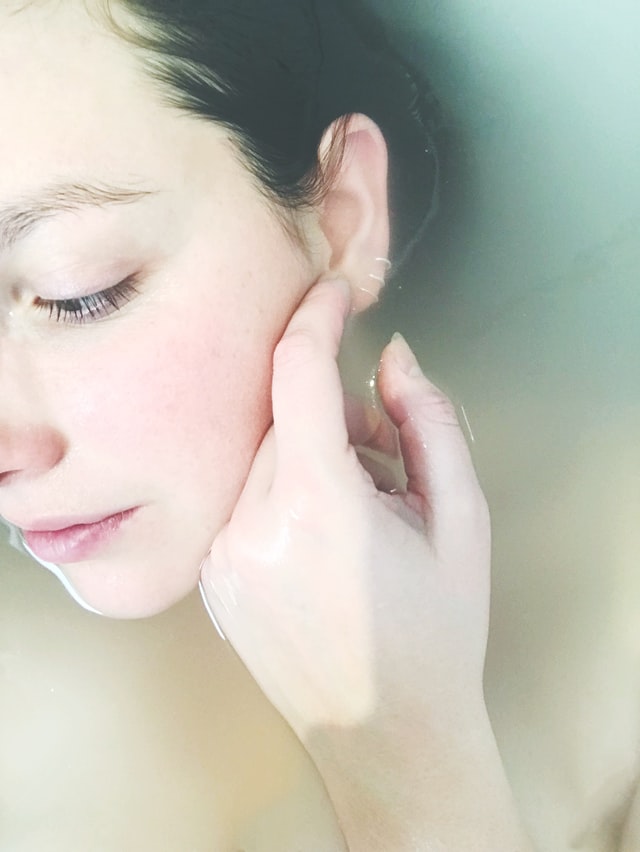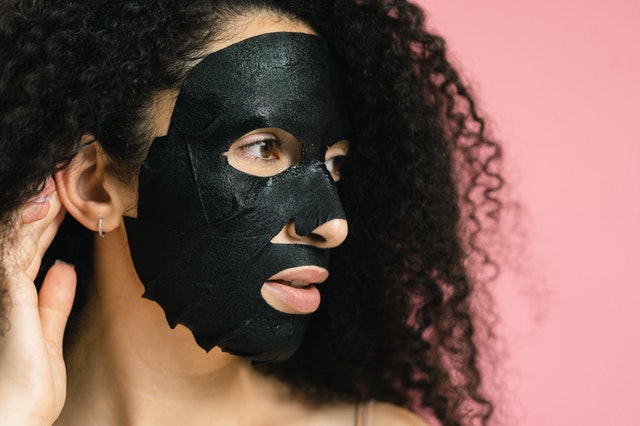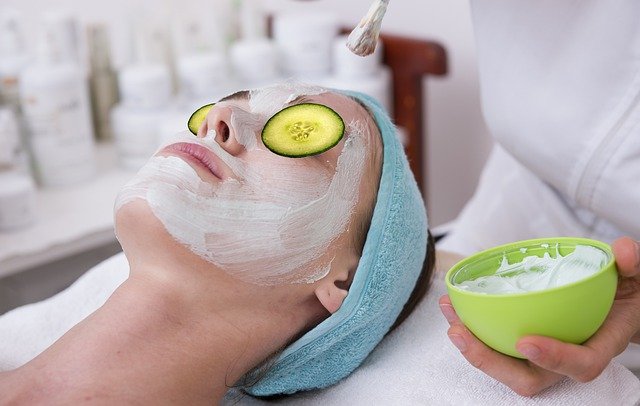You're probably no stranger to the frustrations of acne and hyperpigmentation, but did you know that a simple, consistent routine can help you overcome them? You start by establishing a strong foundation: properly cleansing your face to remove dirt and bacteria, followed by regular exfoliation to sweep away dead skin cells. But that's just the beginning. A well-balanced toner, the right serum, and proper moisturization also play key roles in fading hyperpigmentation and suppressing acne breakouts. Stay tuned – we're just getting to the good part.
Cleanse Your Face Properly
You wash your face twice a day, but are you doing it effectively enough to remove dirt, oil, and makeup that can clog pores and trigger acne? If you're just splashing some water on your face and calling it a day, you're not getting the job done. To properly cleanse your face, you need to use a gentle cleanser that's formulated for your skin type.
Use lukewarm water and a small amount of cleanser to create a lather. Massage it onto your face in circular motions, making sure to cover all areas evenly. Pay special attention to areas with blackheads or whiteheads. Rinse your face thoroughly with lukewarm water, then pat it dry with a clean towel. Don't rub your face with the towel, as this can irritate your skin. If you wear makeup, use a makeup remover first, then follow up with your cleanser. By cleansing your face correctly, you'll be able to remove dirt and oil that can clog pores and cause breakouts, setting yourself up for healthier, clearer skin.
Exfoliate to Remove Dead Cells
Exfoliating regularly helps remove dead skin cells that can clog pores and leave skin looking dull, making it a crucial step in the fight against acne and hyperpigmentation. When you exfoliate, you're basically unclogging pores and allowing new, brighter skin cells to shine through. To get the most out of exfoliation, you should do it one to three times a week, depending on your skin type. If you have dry or sensitive skin, start with once a week and gradually increase as needed.
Choose a gentle exfoliating scrub or a chemical exfoliant containing alpha-hydroxy acids (AHAs) or beta-hydroxy acids (BHAs). Massage the scrub onto your damp face in circular motions, focusing on areas with blackheads or whiteheads. Rinse thoroughly with lukewarm water, making sure to remove all residue. For chemical exfoliants, follow the product's instructions and start with a lower concentration to avoid irritation. By exfoliating regularly, you'll be helping to prevent breakouts and reducing the appearance of hyperpigmentation, giving your skin a more even and radiant tone.
Use Toner to Balance Skin
Toning is a crucial step that helps balance your skin's pH, tighten pores, and prepare it for the products that follow, making it an essential part of any skincare routine aiming to combat acne and hyperpigmentation. You should use a toner that's suitable for your skin type, containing ingredients like witch hazel, tea tree oil, or aloe vera. When you apply toner, sweep it across your face with a cotton pad, covering all areas evenly. Don't forget to tone your neck and jawline, as these areas can be prone to breakouts too.
Apply Serum to Reduce Acne
Serums play a vital role in targeting acne-causing bacteria, inflammation, and excess oil production, making them a potent addition to your skincare arsenal. When you apply a serum, you're delivering a high concentration of active ingredients directly to your skin, where they can get to work on reducing acne and preventing future breakouts. Look for a serum containing salicylic acid or benzoyl peroxide, which will help to unclog pores, reduce inflammation, and kill bacteria that can cause acne.
You can also opt for a serum with tea tree oil, which has natural antibacterial properties that can help to control acne-causing bacteria. When applying serum, remember to use a few drops and gently massage it into your skin until it's fully absorbed. Don't overdo it, as using too much serum can lead to clogged pores and reduced efficacy. By incorporating a serum into your skincare routine, you'll be taking a proactive step towards reducing acne and achieving a clearer, healthier complexion. With consistent use, you can expect to see improvements in your skin's texture and tone, and a reduction in acne breakouts. Additionally, choosing a serum that aligns with your skin’s needs can be a beneficial addition to your natural care routine for fungal infections, as some serums contain ingredients that help soothe irritated skin and restore balance to your complexion. Consistent application not only helps target specific skin concerns but also supports overall skin health by addressing underlying issues like inflammation or excess oil production. Remember, a well-rounded skincare regimen is key to achieving long-term, radiant skin.
Moisturize to Hydrate Skin
Your next step in combating acne and hyperpigmentation is to seal everything in with a moisturizer that not only hydrates your skin but also helps to lock in the benefits of the previous steps in your skincare routine. You'll want to choose a moisturizer that's non-comedogenic, meaning it won't clog your pores, and is formulated for your skin type. If you have oily skin, look for a lightweight, oil-free moisturizer, while dry skin types can benefit from a richer, more emollient formula.
When applying your moisturizer, be sure to use a gentle, massaging motion to help increase blood flow and promote absorption. This will also help to reduce the appearance of fine lines and wrinkles, leaving your skin looking smoother and more radiant. By moisturizing regularly, you'll be able to keep your skin hydrated and balanced, which is essential for reducing the occurrence of acne and hyperpigmentation. A well-hydrated skin is better equipped to fight off acne-causing bacteria and reduce inflammation, so don't skip this vital step in your skincare routine.
Protect With Sunscreen Daily
Applying sunscreen daily is a vital step in protecting your skin from further damage and preventing the darkening of hyperpigmentation, while also reducing the risk of skin cancer and premature aging. You'll want to choose a broad-spectrum sunscreen with an SPF of at least 30, which will shield your skin from both UVA and UVB rays. Don't just apply it on sunny days, though – UV rays can still pass through clouds, even on overcast days.
When selecting a sunscreen, opt for a non-comedogenic or oil-free formula that won't clog your pores, especially if you have acne-prone skin. You can also look for products containing soothing ingredients like green tea or aloe vera to help calm and protect your skin. Apply sunscreen liberally to all exposed areas, including your face, neck, and ears, about 15-30 minutes before heading outdoors. Don't forget to reapply every two hours or immediately after swimming or sweating. By making sunscreen a daily habit, you'll be taking an essential step towards achieving healthier, more radiant skin while fighting acne and hyperpigmentation.
Maintain a Consistent Routine
Consistency is key: sticking to a regular skincare routine helps you tackle acne and hyperpigmentation more effectively. You'll see better results when you maintain a consistent routine, as it allows your skin to adjust and respond to the products you're using. To establish a consistent routine, start by setting a specific time and day to perform your skincare tasks. It's also essential to be realistic about your schedule and lifestyle, so you can create a routine that you can stick to.
Don't be too hard on yourself if you miss a day or two, but instead, focus on getting back on track as soon as possible. Remember, consistency is a habit that takes time to develop. Keep your routine simple and manageable, and make sure to leave room for adjustments as your skin changes. By staying consistent, you'll be able to track your progress and make informed decisions about your skincare products and treatments. This will help you refine your routine and achieve your skincare goals.
At a Glance
You've got a solid plan to fight acne and hyperpigmentation. By following this routine, you're tackling these issues from all angles. You're cleansing and exfoliating to remove dead cells, balancing your skin with toner, and targeting acne-causing bacteria with serum. You're hydrating with moisturizer and protecting your skin with sunscreen. Maintain this consistent routine and you'll be on your way to clearer, brighter skin. Stick to it and you'll see improvement over time.






